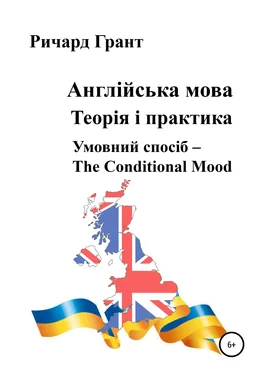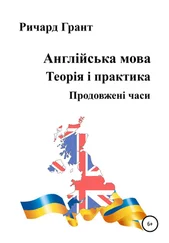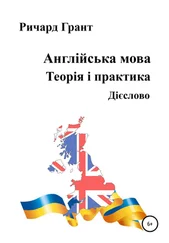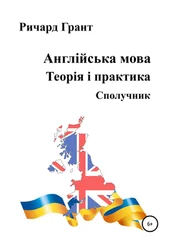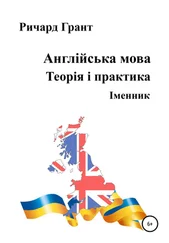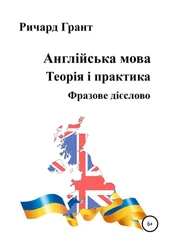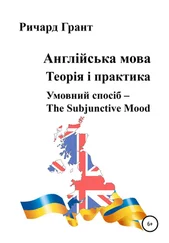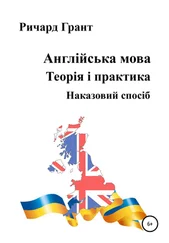Увага!
В основній частині умовного речення третього типу замість would можна використовувати модальне дієслово could або might.
Sam might have told you the truth if you had invited him to the party. – Сем можливо сказав би тобі правду, якби ти запросив його на вечірку . (ти не запросив його на вечірку і не почув правди)
– Змішаний тип (mixed conditional) – це речення в яких основна частина речення відноситься до одного типу, а умовна – до іншого.
Структура умовних речень змішаного типу
Умовна частина (second type) – Основна частина (third type)
If + Past Simple – would have + 3-я форма дієслова
Умовна частина (third type) – Основна частина (second type)
If + Past Perfect – would + смислове дієслово без частки to
She would have met lots of new friends in the summer camp if she were a little friendlier. – Вона б завела багато нових друзів у таборі, якби була трохи дружелюбнішою. (але вона так ні з ким і не познайомилася, тому що не особливо доброзичлива)
We would eat some really nice turkey now if my sister hadn’t forgotten to buy it in the supermarket. – Ми могли б зараз їсти дуже смачну індичку, якби моя сестра не забула купити її в магазині . ()
Увага!
Замість would можна використовувати модальне дієслово could або might.
If you were taller, you could have tried to participate in that basketball game. – Якби ти був вище, ти б міг спробувати взяти участь у тій баскетбольній грі . (але ти не настільки високий, щоб мати можливість це зробити)
If he had invested his money into bitcoins a few years ago, he could be a very rich man now. – Якби він вклав гроші в біткоіни кілька років тому, зараз він міг би бути дуже багатою людиною . (але він не вклав гроші в минулому і тому зараз небагатий)
Вправа 1
Розкрийте дужки, використовуючи дієслово у потрібній формі.
If he (come) tomorrow, he will help us. – If he comes tomorrow, he will help us .
If he (come) tomorrow, he would help us. – If he came tomorrow, he would help us.
If he (come) yesterday, he would have helped us. – If he had come yesterday, he would have helped us.
1. If it ( to rain) tomorrow, our game will be cancelled. 2. If you ( put) salt on ice, it will melt. 3. If you met the president, what you ( do)? 4. She ( notice) this mistake if she had been more attentive. 5. If he ( book) tickets yesterday, he ( lie) on the beach now. 6. If he were not such an outstanding actor, he ( not to have) so many admirers. 7. If you ( not to buy) coffee, we will drink tea. 8. If my brother ( to be) in trouble, I will help him, of course. 9. If it ( to snow), the children will play snowballs. 10. If she ( to ask) me yesterday, I would certainly have told her all about it. 11. If you were on a hijacked plane you ( to attack) the hijackers? 12. I am sorry that you do not read English novels; if you ( to read) them, I ( to lend) you some very interesting ones. 13. If he ( leave) now, he will miss the rush hour. 14. If he ( live) nearer, we would see each other more often. 15. I might have gone on an excursion with you if I ( know) about it beforehand.
Вправа 2
Розкрийте дужки, використовуючи дієслово у потрібній формі.
1. She ( not forgive) him if she ( not be) his mother. 2. If you ( to give) me your address, I will write you a letter. 3. If he is free tomorrow, he certainly ( to come) to our party. 4. If I don’t manage to finish my report today, I ( to stay) at home tomorrow. 5. If I ( not to know) English, I would not be able to enjoy Byron’s poetry. 6. If you ( to do) your morning exercises every day, your health would be much better. 7. If a dog ( to bite) her on the leg, she would go straight to hospital. 8. If they were on a hijacked plane, they ( to stay) calm and probably ( to survive). 9. You say that you did not read yesterday’s papers; if you ( to read) them, you ( to see) the announcement of Professor X’s coming to our town. 10. Provided that she ( service) the car, we'll be able to drive to the country. 11. I might go for a walk if the weather ( be) nice. 12. If we ( know) that you were there, we would have called on you. 13. If you ( drink) less last night, you ( not feel) so bad today. 14. If she ( not to be) so absent-minded, she would be a much better student. 15. My brother would not have missed so many lessons if he ( not to hurt) his leg.
Вправа 3
Розкрийте дужки, використовуючи дієслово у потрібній формі.
1. If she were more careful about her diet, she ( not to be) so stout. 2. I ( not to do) it if you did not ask me. 3. If he is not very busy, he ( to agree) to go to the museum with us. 4. If he had known it was going to rain, he ( to take) his umbrella to work today. 5. If my friend had been trying harder, he ( to succeed). 6. He is not ill: if he ( to be) ill, he ( not to play) tennis so much. 7. Unless he ( do) his homework, he'll stay at home. 8. I would call him up if he ( come) tomorrow. 9. If I had known of his arrival, I ( meet) him. 10. If he ( be) cleverer, he ( not behaved) so foolishly yesterday. 11. If my sister does not go to the south, we ( to spend) the summer in Toronto together. 12. If my friend ( to work) in my office, we would meet every day. 13. You would not feel so bad if you ( not to smoke) too much. 14. If men ( to have) no weapons, would wars be possible? 15. If I ( not to be) present at the lesson, I would not have understood this difficult rule.
Вправа 4
Розкрийте дужки, використовуючи дієслово у потрібній формі.
Читать дальше
